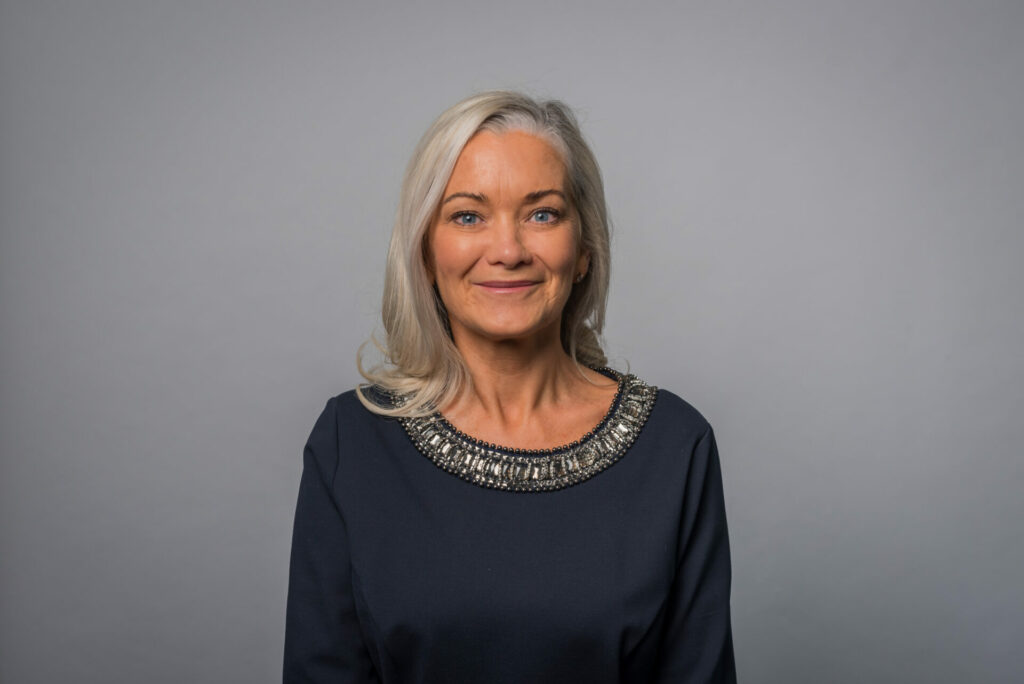House prices have hit a record high for the sixth consecutive month, according to Rightmove’s latest house price index.
The property portal found that the average home now costs just under £370,000. The site attributed the continued growth, at least in part, to the low supply of property coming to market.
Based on those supply issues Rightmove has increased its house price forecasts for the year from 5% to 7%.
“A softening in demand is moving the market from a boil to a simmer,” Rightmove director Tim Bannister said.
The data shows that the average number of properties per agent stood at 47 in June, down from 55 in June 2021 but up slightly on May (46).
Time on the market remained flat at 32 days.
Bannister added: “Having more new sellers this month is a win-win for the market, as these sellers will likely achieve good prices for their homes given the sixth asking price record in a row that we’ve now seen, which may help to explain the increase in new stock coming to market over the last year.
“For those looking to buy, it means more choice and a slight easing in competition against other buyers while the market is still moving very quickly. In the current fast-changing economic climate, those looking to buy who find a suitable home they can afford may choose to act now rather than wait.
“While more choice is welcome news, the number of homes available remains well below the more normal levels of 2019 and is unable to satisfy the continued high demand that we’re seeing.
Rightmove also noted that record property prices, combined with rising interest rates, mean that the average first-time buyer’s monthly mortgage payment for someone taking out a 2-year fixed rate is now 20%, or £163, higher than at the start of the year, now standing at £976 per month
Reaction

Sarah Coles, senior personal finance analyst, Hargreaves Lansdown:
“Asking prices are booming again in July, as the white-hot market convinces sellers they can keep pushing prices skywards. However, that’s only half the story.
“Asking prices tend to obscure more subtle moves in the market, and we’re seeing a number of small but important changes. With the number of buyers continuing to fall, and the number of sellers starting to rise, the imbalance that has pushed prices higher even as tougher times have hit could be starting to unwind, which would pour cold water on the overheated market.
“During the white heat of the market, buyers have had to offer well over the asking price in order to secure the property, with many of them drawn into bidding wars. As the market slows slightly, this kind of activity is less likely. In the RICS report for June, only 50% of agents said that on average houses worth less than £500,000 were selling for more than the asking price. Meanwhile, those worth more than £1m, were selling (on average) for less than the asking price.
“At this stage in the cycle, after such a massive rise in prices, there’s a risk that sellers are pricing in another round of hikes. With runaway prices, the market soon catches up and the property sells, but the June RICS report showed that overpriced properties were going nowhere, and in some cases, people were being forced to accept an offer.
“Agents also reported that more buyers are pulling out of agreed sales and trying to negotiate a lower price. Part of this is related to the fact that more mortgage lenders are down-valuing properties, and refusing to believe they’re worth what buyers are prepared to pay.
“None of these things will be reflected in asking prices, which means any buyers venturing into the market need to be careful about what they’re paying for a property. Now is not the time to be making a bold offer way in excess of either what you can afford or what the rest of the market thinks the property is worth.”
Tomer Aboody, director of property lender MT Finance:
“With such low numbers of properties coming to the market, it’s not surprising we are seeing record prices as buyers compete for little stock, pushing values higher.
“With interest rates rising, along with inflation and house prices, first-time buyers and movers are facing even tougher conditions with markets running away from them.
“A restructure of stamp duty might encourage potential sellers to enter the market knowing that the cost of moving, whether upsizing or downsizing, is lower, and therefore more affordable.”
Jeremy Leaf, north London estate agent and a former RICS residential chairman:
“Asking prices may still be rising but not at anything like the pace of last year despite the continuing shortage of stock.
“Listings are on the up as sellers try to take advantage of what many appreciate is the peak of the market but still not in sufficient numbers to meet demand.
“Enthusiasm to move is outweighing concerns about inflation and interest rates in particular for the time being at least.
“However, increasingly-stretched buyers are also concerned that imminently-expiring mortgage offers will result in higher repayments.
“Some tough discussions are ensuing with bullish sellers which we’re finding is resulting in more realism on both sides but certainly no significant re-negotiation or large scale withdrawals.”

Kay Westgarth, head of sales at Standard Life Home Finance:
“Today’s news is a further signal that UK house price growth is settling off. House prices are still increasing, albeit at a slower pace than the record speed witnessed since the summer of 2020.
Fear of a recession and five consecutive base rate rises are certainly putting the brakes on any further acceleration.
“The rapid growth witnessed in the last two years has, in part, driven record numbers of existing homeowners to unlock the added value from their homes through later life mortgages.
“The added buzz and awareness around later life lending should certainly continue to pay dividends for homeowners long after house price growth has slowed.”




